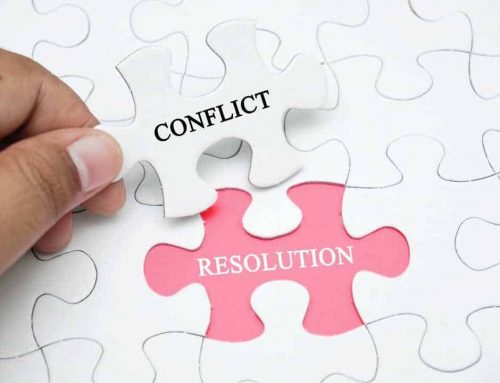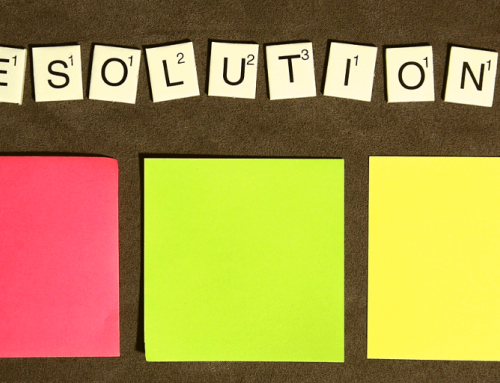Conflict is a fact of life. Like it or not, humans can never agree on everything and sometimes conflict arises as a result of these disagreements. Mediation and conflict resolution are excellent tools for resolving these conflicts to make sure that potentially awkward situations don’t escalate. Here are 5 things you need to know…
1. Mediation is about finding a mutually acceptable way forward
When a dispute happens and a deadlock has been reached, it can be difficult to see a solution that makes everyone happy.
For example, in a workplace dispute where stress and impending deadlines have caused an issue, it can be hard for the parties to resolve differences themselves.
A mediator is a skilled facilitator who works impartially with the parties to help them to reach a solution together. The parties decide and agree the outcome together; the mediator helps to guide the conversation forward.
2. Mediation and conflict resolution can be used before going to court
Going to court to resolve a dispute should be the last resort in many situations, for example workplace disagreements and separations. The goal of mediation is to find a way forward, not focus on who was right or wrong in the past. This means that the agreement reached is more likely to be accepted with as little animosity as possible.
There are many benefits to utilising mediation rather than going to court:
- It’s non-confrontational
- It is significantly cheaper
- It’s confidential
- There are fewer delays
- It is very flexible
3. Agreements can be reached in up to 80% of mediations
Mediation can be a very successful tool for conflict resolution. Because the space provided is safe, private and accepting, people feel more comfortable to voice their opinions and an agreement is more likely to be reached.
4. Part of the role of mediation is to define which issues are in disagreement and which are not
This is an important part of the role and is known as ‘scoping’. Pinpointing the specific issue makes it much easier to resolve. When the particular disagreement is defined, discussions can begin to find a way forward. Sometimes the conflict will continue after the mediation, but the process is used to contain the issue and ensure that it doesn’t spread. This is done by highlighting areas that are in agreement, and is known as ‘containment mediation’.
5. Choosing a skilled mediator is important
Whatever the dispute, mediation will only be valuable if a skilled mediator with a recognised qualification is chosen. You can find a mediator near you through a professional body such as the College of Mediators. This will help you to be confident that the mediator will be qualified and proficient. Experience is also very important.
For more information…
Sometimes, mediation and conflict resolution doesn’t work. Whatever your issue, here at Beeston Shenton we can help. If you’re looking for a lawyer in Staffordshire or Cheshire, our teams offer legal services to the people of Newcastle-under Lyme, Sandbach, Crewe and the surrounding areas. Contact us today.




